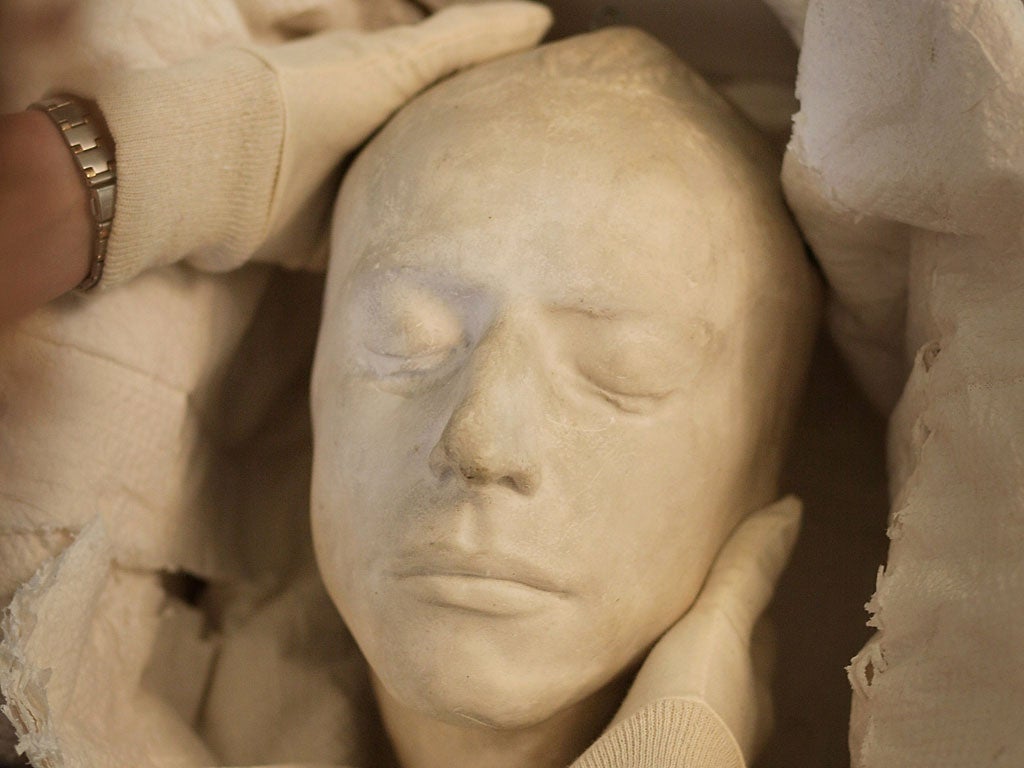A cheerful piece about dying alone
As the skeletal remains of a man in Lille remind us, there's a fair chance you'll die alone and your body will lay undiscovered for years. On the plus side, there's Strictly.

Last week police discovered the skeletal remains of a man, tucked up in bed at a house in Lille, northern France. The mail had piled up. The neighbours failed to investigate. It was estimated the corpse lay undisturbed for 15 years. A week later and either the investigation into his identity continues, or the local media have lost interest; we know no more about who this man was and why nobody seemed to notice when he wasn't. No matter. There'll be a similar story along in a bit.
The "undiscovered remains discovered" story is a news trope almost as common as "celebrity frolics in bikini" or "Ronnie Wood marries much younger woman".
In June this year, for instance, a man's remains were found in his house in north-western Spain, 20 years after he died. The neighbours said they assumed he'd gone off with a new girlfriend. Joyce Vincent, the subject of the brilliant film Dreams of a Life, lay undiscovered for approximately three years after she died in her north London bedsit in 2003.
We're fascinated by these stories and what they supposedly reveal about how not to live. Except the manner of death no more determines the value of a life than the manner of birth. It's what happens in between that counts. Or else, Elvis isn't the King of rock 'n' roll and Nelson didn't kick ass at the Battle of Trafalgar.
We may never know much about the man in Lille, but let's hope he lived exactly the kind of life these cautionary tales are supposed to prevent. Let's hope he took lots of chances, broke some hearts and seriously pissed off a few nosy neighbours. Credit also to my namesakes in the field of sad, single lady columnists, Joneses Liz and Bridget, for popularising the lonely death myth in its purest form: unmarried woman dies alone and is only found years later, the corpse half-eaten by her many cats, Strictly Come Dancing still blaring on TV.
It's an arresting image, especially since, according to a recent survey, old-age loneliness is more typical for men. The charity WRVS says 36 per cent of elderly men spent more than 12 hours a day alone, compared with 31 per cent of women. We don't know whether they watch Strictly. We do know this isolation is exacerbated by cuts to OAP travel concessions, fear of falling on bad outdoor paving and ruthlessly rising energy prices.
So if you really want to spend your time obsessing over loneliness and mortality, the plight of the living is an excellent place to start. After all, a lonely death says very little about the life that preceded it and an awful lot about the society that let it happen.
Join our commenting forum
Join thought-provoking conversations, follow other Independent readers and see their replies
Comments
Bookmark popover
Removed from bookmarks